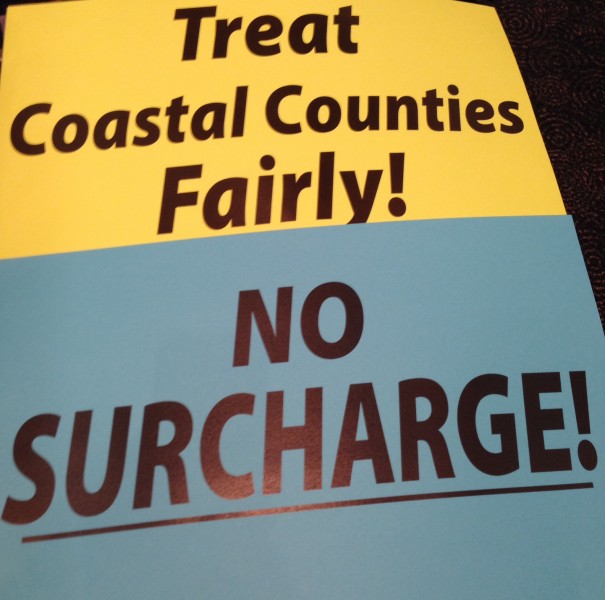The season for filing 2024 taxes began on Jan. 27, and while some Texas residents are planning on submitting their own returns, others are reaching out to reputable tax preparers for assistance. With roughly three months remaining until the fling deadline of April 15 for general tax returns, Better Business Bureau reminds residents to be wary of con artists and unethical businesses who claim to specialize in tax preparation.
Additionally, BBB reminds businesses and consumers to be aware of an increase in IRS impostors attempting to contact fix filers through email, text, social media, or other methods to steal personally identifiable information (PII)
IRS Impostor and Phishing Scams:
Impostor scams remain one of the most common types of fraud reported to the FTC by Texas residents, with nearly 600,000 reports in the first three quarters of 2024. Across the U.S., impostor scams account for $2 billion in losses, surpassing losses to the next three most frequently reported types of fraud combined. IRS impostors target tax filers and tax preparation businesses, often claiming the recipient must take immediate action or confirm account details.
IRS impostor scams are carried out through unsolicited phone calls and emails, and may target students, faculty, and staff” at educational institutions with a edu email address. Emails often display the IRS logo and encourage recipients to follow a link to verify their tax refund payment by entering PII, such as their SSN, date of birth and current address, on a look-a-like website. The website is a phishing scam, and the information provided could lead to identity theft or Stolen Identity Refund
Remember, the IRS will never:
- Demand immediate payment using a specific payment method such as a prepaid debit card, gift card or wire transfer.
- Threaten to immediately contact local police or other law enforcement to have the taxpayer arrested for not paying.
- Demand that taxes be paid without allowing taxpayers to appeal the amount owed.
- Unexpectedly call about a tax refund.
- Send emails about your tax refund or sensitive personal information.
- Initiate contact with taxpayers by email, text message or social media to request personal or financial information.
Ghost Tax Preparer Scams:
A ghost preparer as a professional tax preparer, often guaranteeing a significant tax return when using their services, However, the preparer either refuses or conveniently “forgets” to sign the return they created on behalf of a client.
By federal law, anyone paid to prepare, or assists in preparing, a federal tax return must have a valid Preparer Tex Identification Number (PTIN). Tax preparers must sign and include their PTIN on any returns they create on behalf of a paying customer.
Businesses or individuals refusing to sign a return is a red flag that they may be fraudulent, leaving the consumer to deal with the IRS in the aftermath of an illegitimate or incorrect filing. Filing a valid, accurate tax return is ultimately the taxpayer’s responsibility, emphasizing the importance of choosing a credible tax preparation professional.
It is important to carefully analyze a chosen tax preparation business due to the PII provided, such as SSN, bank account information, home address and financial assets. BBB recommends spending the time to research tax preparation professionals to determine their credibility and legitimacy. The IRS provides a directory service that lists preparers in a searchable area who currently hold professional credentials recognized by the agency, Additionally, use available resources, such as BBB.org› to search for accredited tax preparation businesses.
Individuals impacted by tax preparer misconduct can file a report with the IRS at IRS.gov/tax-professionals and are encouraged to file an official complaint on the business’s BBBBusiness Profile, as well as submit a report to BBB Scam Tracker:
For more information about how to avoid tax scams and choose the right tax preparer, visit BBB.org/Tax Tips





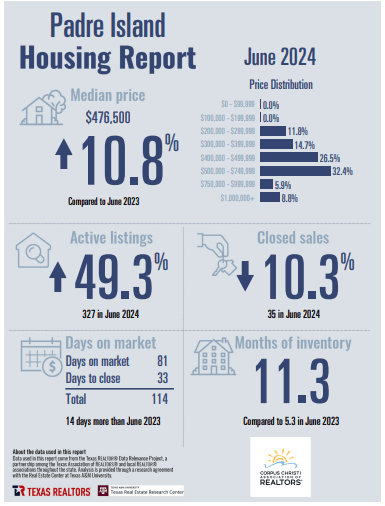
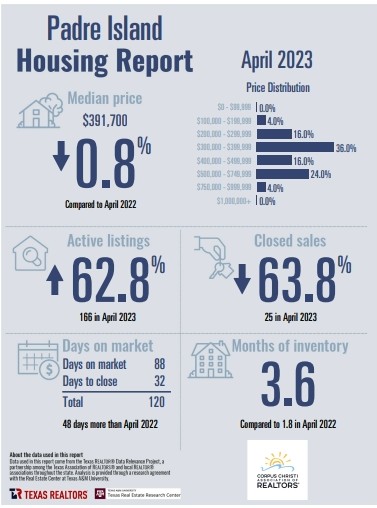
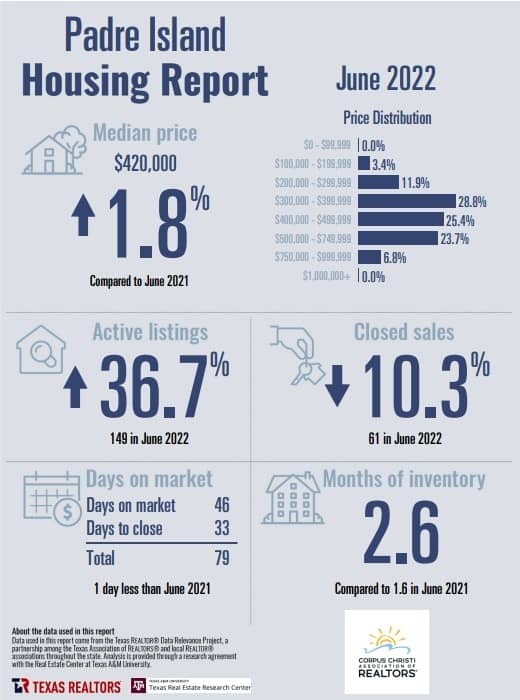
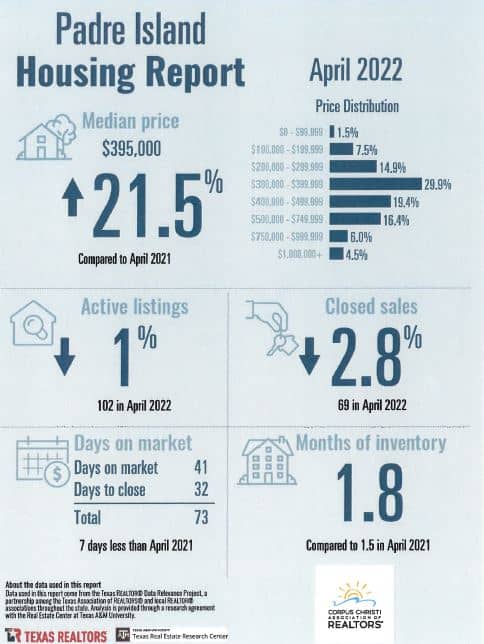
 TWIA NEWS…….
TWIA NEWS……. With the flooding and other tragedies that have occurred across the state, it is important that consumers be aware of Chapter 57 of the Texas Business and Commerce Code that was enacted by HB 1711 effective September 1, 2011. The bill applies to contractors who remove, clean, sanitize, demolish, reconstruct, or otherwise treat improvements to real property as a result of damage or destruction to that property caused by a natural disaster. Specifically, it requires that a “disaster remediation” contract must be in writing and prohibits a “disaster remediation contractor” from requiring payment prior to beginning work or charging a partial payment in any amount disproportionate to the work that has been performed. However, the statute exempts contractors that have held a business address for at least one year in the county or adjacent county where the work occurs.
With the flooding and other tragedies that have occurred across the state, it is important that consumers be aware of Chapter 57 of the Texas Business and Commerce Code that was enacted by HB 1711 effective September 1, 2011. The bill applies to contractors who remove, clean, sanitize, demolish, reconstruct, or otherwise treat improvements to real property as a result of damage or destruction to that property caused by a natural disaster. Specifically, it requires that a “disaster remediation” contract must be in writing and prohibits a “disaster remediation contractor” from requiring payment prior to beginning work or charging a partial payment in any amount disproportionate to the work that has been performed. However, the statute exempts contractors that have held a business address for at least one year in the county or adjacent county where the work occurs.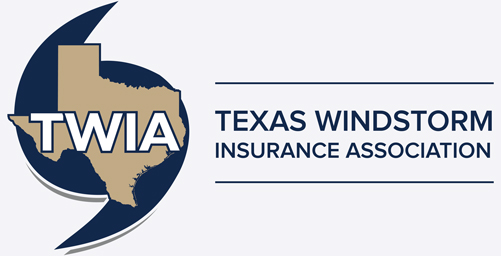 It’s no secret that it costs a lot to live on the coast, especially once you add up your taxes, homeowner’s insurance, flood insurance, and windstorm insurance. And in 2012, the Texas Department of Insurance (TDI) proceeded forward with several proposals to fund the Texas Windstorm Insurance Association (TWIA), the provider of last resort for windstorm insurance on our coast. It was then that TWIA adopted a 5% increase on all residential and commercial windstorm insurance policies to policyholders in the 14 counties (Aransas, Brazoria, Calhoun, Cameron, Chambers, Galveston, Jefferson, Kenedy, Kleberg, Matagorda, Nueces, Refugio, San Patricio, and Willacy) comprising the Texas Coast. This was the third rate increase since 2009. But the long fight is finally over.
It’s no secret that it costs a lot to live on the coast, especially once you add up your taxes, homeowner’s insurance, flood insurance, and windstorm insurance. And in 2012, the Texas Department of Insurance (TDI) proceeded forward with several proposals to fund the Texas Windstorm Insurance Association (TWIA), the provider of last resort for windstorm insurance on our coast. It was then that TWIA adopted a 5% increase on all residential and commercial windstorm insurance policies to policyholders in the 14 counties (Aransas, Brazoria, Calhoun, Cameron, Chambers, Galveston, Jefferson, Kenedy, Kleberg, Matagorda, Nueces, Refugio, San Patricio, and Willacy) comprising the Texas Coast. This was the third rate increase since 2009. But the long fight is finally over.